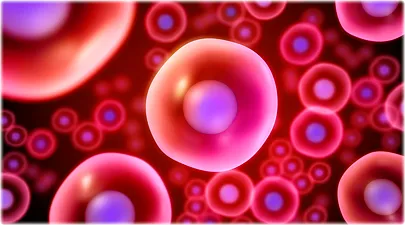 Scientists have grown stem cells from adults using cloning techniques for the first time — bringing them closer to developing patient-specific lines of cells that can be used to treat a whole host of ailments, from heart disease to blindness. The research, described in Thursday’s online edition of the journal Cell Stem Cell, is a controversial advance likely to reopen the debate over the ethics of human cloning.
Scientists have grown stem cells from adults using cloning techniques for the first time — bringing them closer to developing patient-specific lines of cells that can be used to treat a whole host of ailments, from heart disease to blindness. The research, described in Thursday’s online edition of the journal Cell Stem Cell, is a controversial advance likely to reopen the debate over the ethics of human cloning.
The scientists’ technique was similar to the one used in the first clone of a mammal, Dolly the sheep, which was created in 1996. They “reprogrammed” an egg cell by removing its DNA and replaced it with that of an adult donor. Scientists then zapped the cell with electricity, which made it divide and multiply. The resulting cells were identical in DNA to the donor.
While the research published Thursday involves cells that are technically an early stage embryo, the intention is not to try to grow them into a fully formed human. However the techniques in theory could be a first step toward creating a baby with the same genetic makeup as a donor.
